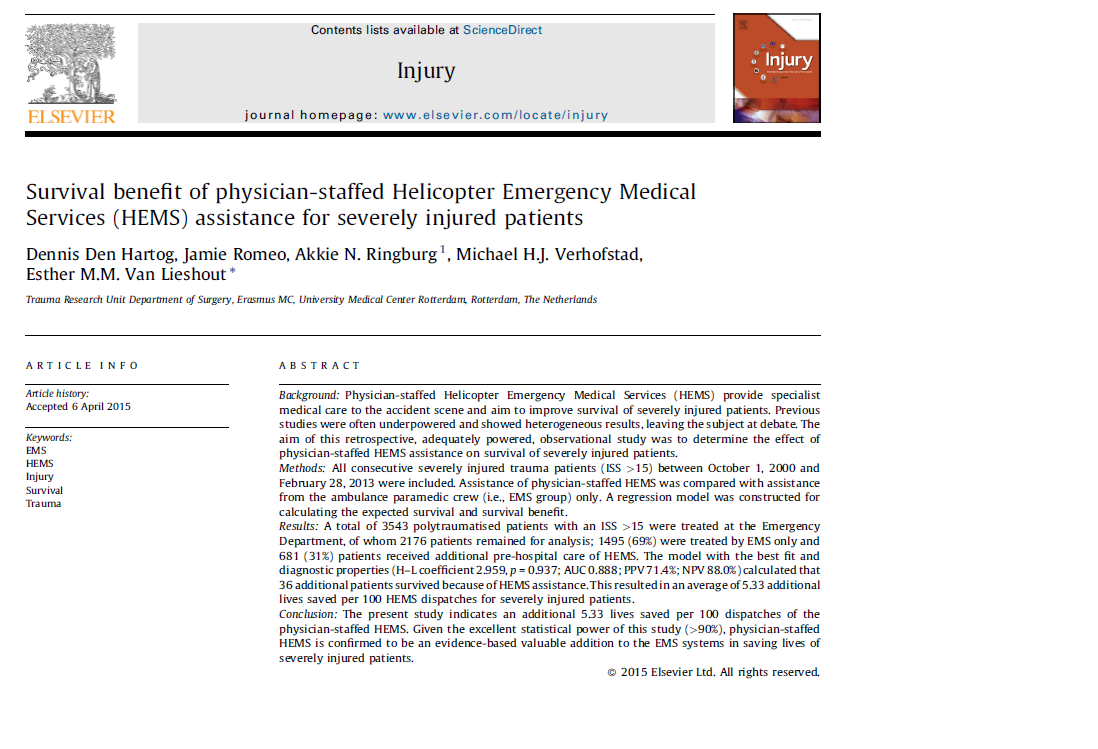- Joined
- Feb 18, 2015
- Messages
- 42
- Reaction score
- 16
Hello everyone,
I am in nursing school and work as an ER tech. I have also posted this in a nursing forum, just wanted to get a different view. I am just curious to know a little bit about the scope of practice of NPs in the ER. I know some of the courses in NP school, depending on the program, can teach some pretty invasive procedures (intubation, central line, chest tubes). If they learn these procedures, why do they/are they not allowed to perform them in ED's? It just kind of seems like a waste of learning them if those cases just get handed over to the MD. I know flight nurses can perform these procedures, even without having a master's degree (unless they are flying with a resident, for the most part). I don't know, the question just kind of stumped me.
Thanks to all who answer!
I am in nursing school and work as an ER tech. I have also posted this in a nursing forum, just wanted to get a different view. I am just curious to know a little bit about the scope of practice of NPs in the ER. I know some of the courses in NP school, depending on the program, can teach some pretty invasive procedures (intubation, central line, chest tubes). If they learn these procedures, why do they/are they not allowed to perform them in ED's? It just kind of seems like a waste of learning them if those cases just get handed over to the MD. I know flight nurses can perform these procedures, even without having a master's degree (unless they are flying with a resident, for the most part). I don't know, the question just kind of stumped me.
Thanks to all who answer!




